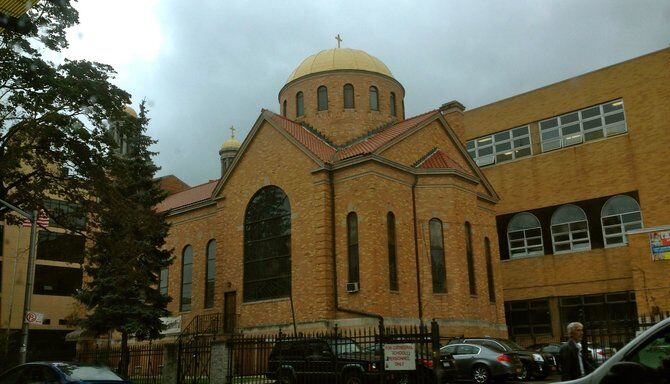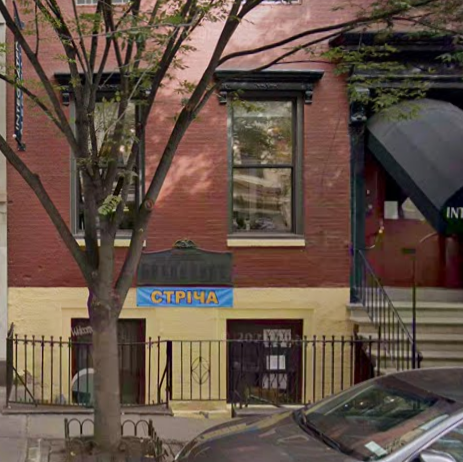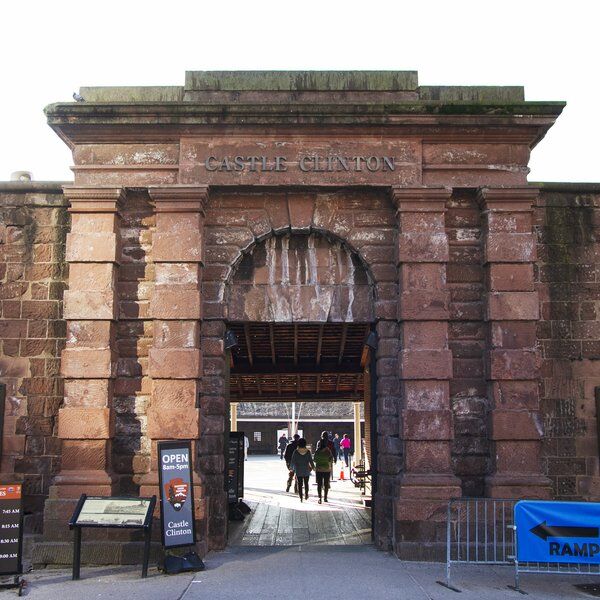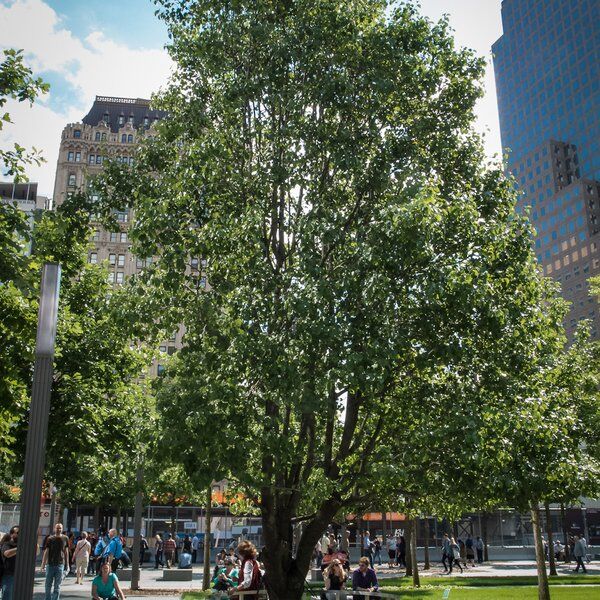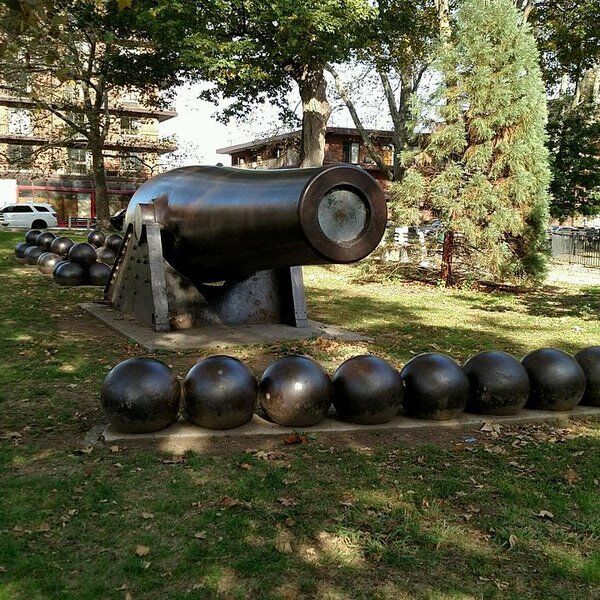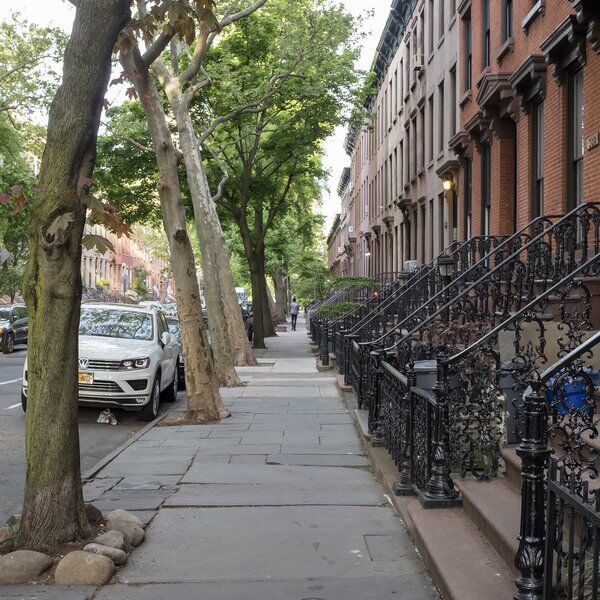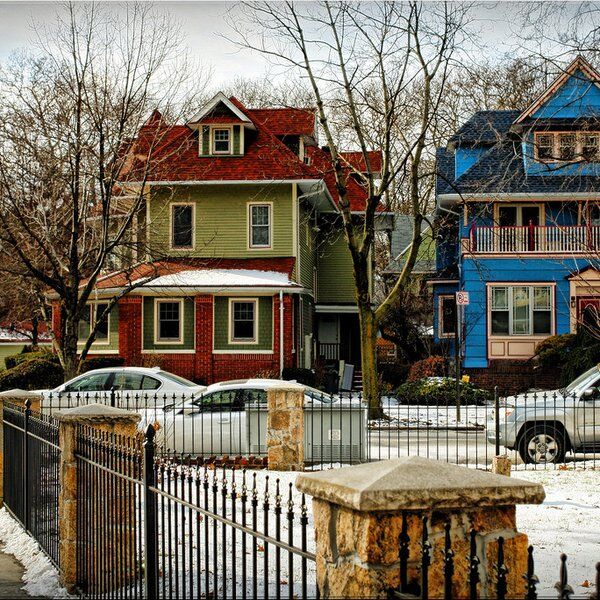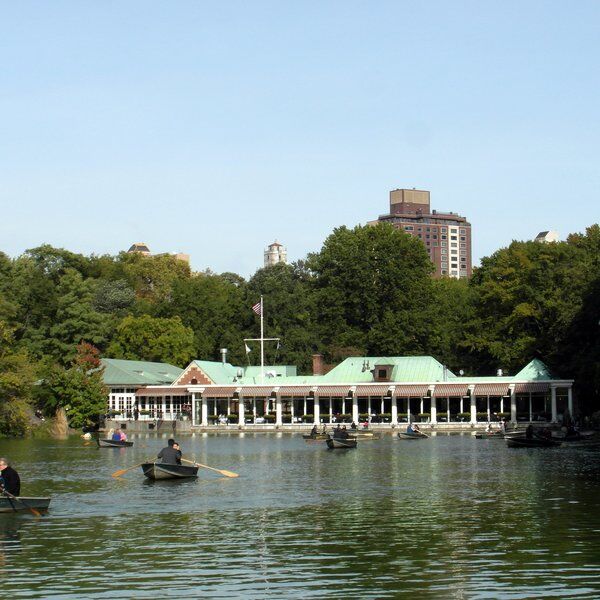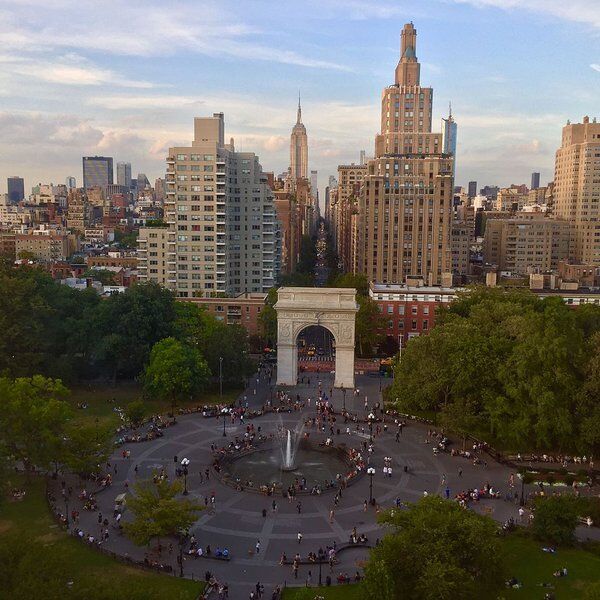Since the 60s Astoria has been a hotbed of Greek culture. Greek restaurants, bakeries, barbershops and language have filled its streets. Today, the area is changing and its ethnic identity becoming more diverse, but it nonetheless remains NYC's very own 'Little Greece'.
The Origins Of Little Greece
At the turn of the 20th Century, Greece was in economic turmoil. Families had to send their sons overseas to find jobs well-paying enough to later allow them to buy Greek property. And many of these sons came to New York where, to begin with, they settled in Manhattan.
Over the next 30 years an increasing number of them decided to stay in America rather than returning to their native Greece. They bought businesses and moved their families over to live with them.
The 20s saw the US adopt a tighter immigration policy and, for decades, the migration of Greeks into the country was slowed. However, the 60s brought a loosening of this policy and a second wave of immigration occurred.
Around the same time, Greeks in NYC began moving out of Manhattan, into the less built up and more European-looking Astoria. More and more did this until, eventually, the neighbourhood was transformed into a home away from home, NYC's 'Little Greece'.
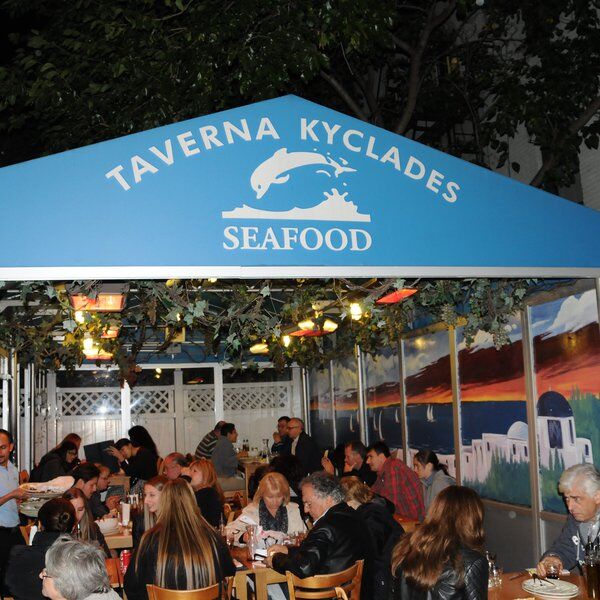
Little Greece In The 70-80s
The subsequent decades saw Astoria turn into a haven for Greek culture. Restaurants, bars, bakeries, shops and schools were set up by those Greeks who had worked in NYC long enough to gather the requisite savings. The Greek language could be heard as frequently (if not more frequently) than English. The 1980 census found the area's Greek population to be as high as 22,579.
The 80s saw yet more changes made to the US immigration policy and it once again became difficult for Greeks to move to the country. This, combined with improvements in Greece's own economic situation lead to a reduction in the number of Greek immigrants moving to NYC.
On top of this, some of the more well to do residents of Astoria began to move away from the city.
These factors combined to see the Greek population of the neighbourhood reduce to 18,127 by the time the 1990 census came around.
Little Greece Into The 21st Century
Despite this, Astoria remained one of the world's biggest hubs for Greek expats. Now, as then, the blue and white of Greece's flag can be seen up and down its streets, on the walls of eateries, law firms, bakeries and health centres, and the Greek language can still be heard in its businesses, if to a less significant extent.
Greek Orthodox churches and schools fight to keep the language alive in the area, but there is no denying that times are changing. Little Greece is growing more diverse, populations from the Middle East, Eastern Europe, Russia, China and Latin America having settled there. Not all the local Greeks welcome this, some seeing it as a sign of their neighbourhood losing its identity. They look back with dewy eyes to the days when Greek was the only language they need speak in their day to day lives.
Multi-national businesses, too, have begun to move in on the area. Amidst the old Greek, and newer Chinese and Mexican restaurants, global fast food chains can be found, the real threat to the area's cultural identity. Amazon have set up a base there, promising 25,000 jobs and an increase in footfall for local businesses, or at least those that can afford the inevitable rent hikes that will be sure to follow.
The threat of gentrification looms large over Little Greece. At the moment it is a fascinating and exciting hotbed of different cultures, a great place to enjoy food and drink from all over the world. With the arrival of companies like Amazon, however, and the interest this will generate for fast-food giants looking for ripe new areas to expand into, how long will it be before property owners start to realise they can make a lot more money by renting their units to Starbucks? In fact, this has already begun. The coffee giant and other corporations like it have already started running local businesses out of the area.
Interested in finding more places like this? Try one of our NYC Scavenger Hunts - untangle cryptic clues as a team, as you are taken on a journey to the most unique, unusual and bizarre corners of NYC.
One More Thing...
Little Greece is also the childhood home of actor Christopher Walken. He is not Greek, however, but half-German and half-Scottish.
On top of this, the neighbourhood can be seen on TV, in Orange Is The New Black, where it serves as Red's home (when she's not in prison).
Read more about the effects of gentrification around the world in our articles on Washington DC's Culture House and Melbourne's post-punk capital: Brunswick Street.
